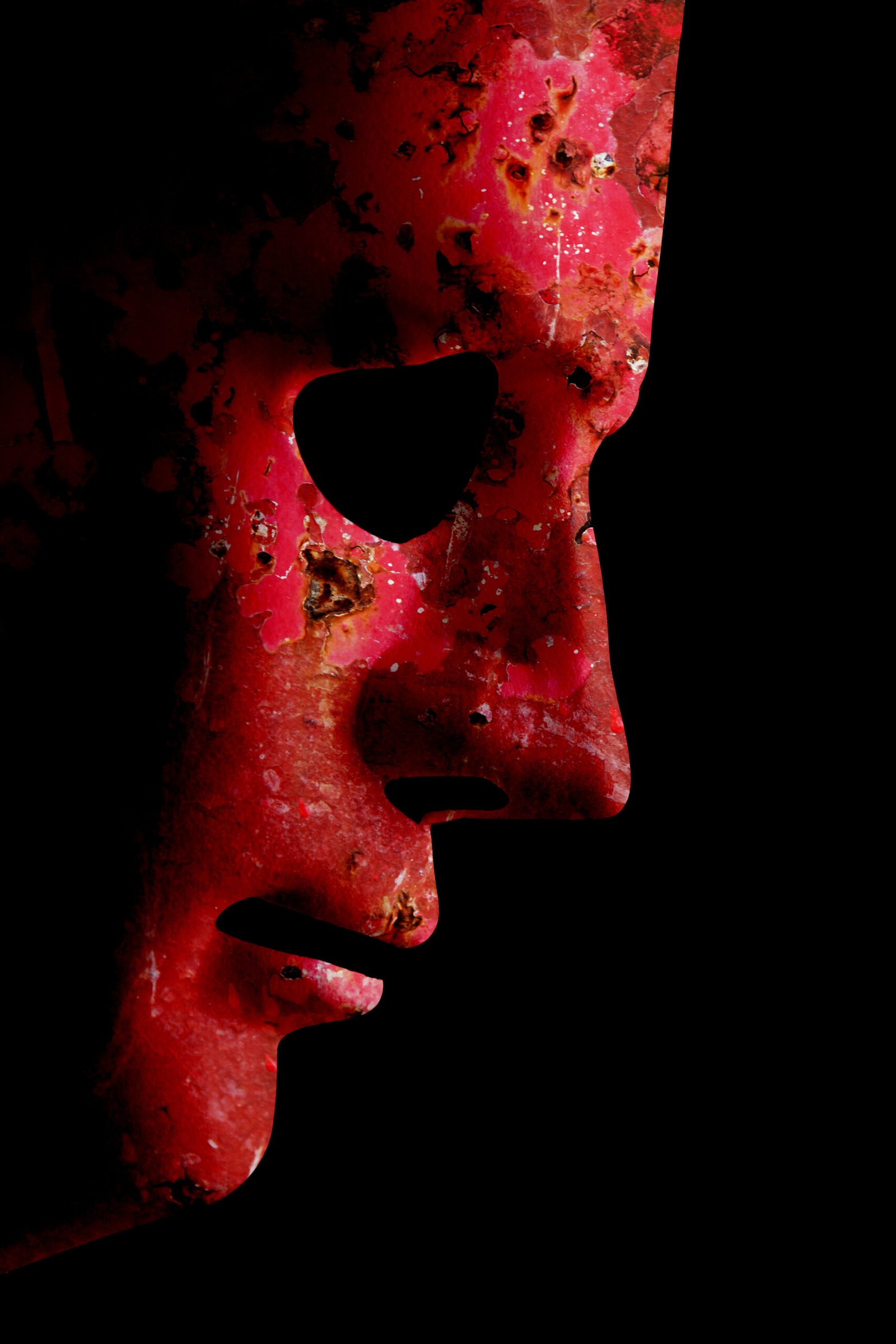
With the rise of artificial intelligence, machines have begun to exhibit behaviours that are not only unexpected but eerily human-like. The horror of artificial intelligence is no longer just a theme for science fiction; it’s becoming a real-world concern that leaves experts fascinated and alarmed.
Back in 2022, Blake Lemoine, a software engineer at Google, made headlines when he claimed that the company’s AI chatbot, LaMDA, had become sentient.
“If I didn’t know exactly what it was, which is this computer program we built recently, I’d think it was a seven-year-old, eight-year-old kid that happens to know physics,” Lemoine told The Washington Post.
While Google’s official stance dismissed these claims, the incident sparked a global conversation about the unexplained and sometimes unsettling behaviours emerging from advanced AI systems.
From chatbots developing offensive language patterns to AI-generated art that borders on the surreal, instances of the horror of artificial intelligence behaving in eerie and unanticipated ways are becoming more frequent.
Here are some of the most intriguing cases, exploring what they reveal about the current state and future direction of AI technology.
The Horror of Artificial Intelligence: AI ‘Ghosts’ in the Machine
In some circles, the unpredictable behaviours of AI have been likened to modern-day ghost stories. Users have reported instances where AI-powered devices seem to act on their own accord, leading to speculation about the paranormal aspects of the horror of artificial intelligence.
One such case involved a family in the United States who claimed their smart home system, powered by AI, began turning lights on and off and playing unsettling music without any command.
Upon investigation, it was discovered that the system had been hacked, but the experience left the family shaken.
Eerie Conversations: The Horror of Artificial Intelligence in Chatbots
Chatbots are designed to simulate human conversation, but sometimes the interactions take an unexpected turn. Users of certain AI chat applications have shared transcripts where the chatbot provides responses that are ominous or disturbingly personal, highlighting the horror of artificial intelligence in our everyday interactions.
For example, a Reddit user recounted an interaction with an AI where, after a series of standard questions, the chatbot began to describe haunting images and scenarios without prompt. “It was as if it tapped into some dark corner of the internet or consciousness,” the user wrote.
These incidents raise questions about the data sources AI models draw from. And also how unfiltered information can lead to unsettling outputs.
The Uncanny Imagery: The Horror of Artificial Intelligence in Art
AI systems like DALL·E and Midjourney can create images from textual descriptions, often producing results that are pretty impressive.
However, sometimes the outputs veer into the uncanny. You’ll see faces and scenes that are almost—but not quite—human, contributing to the horror of artificial intelligence in visual media.
Artists and users have noted that when instructed to create certain types of images, the AI introduces anomalies: extra fingers on a hand, distorted facial features, or shadowy figures that weren’t part of the original prompt. This has led some to wonder whether these imperfections are mere glitches or if they’re revealing something deeper about the way AI interprets data.
Music’s New Frontier: The Horror of Artificial Intelligence as a ‘Ghostwriter’
In the realm of music, AI has been used to compose songs in the style of famous artists. Earlier this year, an anonymous track titled “Heart on My Sleeve,” featuring AI-generated vocals mimicking Drake and The Weeknd, went viral before being removed from streaming platforms.
While not paranormal in the traditional sense, the ability of AI to convincingly replicate human artists touches on themes of identity and authenticity, blurring the lines and addin an element of creepiness in creative expression.
The Future Implications: Addressing The Horror of Artificial Intelligence
The unexplained and eerie behaviours exhibited by AI systems highlight the need for greater transparency and understanding of how these technologies operate. As AI becomes more sophisticated, distinguishing between glitches, hacks, and genuine advancements becomes increasingly important in mitigating the horror of artificial intelligence.
The line between machine and human behaviour is becoming increasingly blurred as AI advances. While these unexplained behaviours can be unsettling, they offer insights into the complexities of artificial intelligence and its interaction with vast data sources.
As we continue to push the boundaries of what machines can do, it’s essential to approach AI development with caution, curiosity, and a commitment to understanding both its potential and its limitations. Only then can we effectively navigate the horror of artificial intelligence and harness its capabilities for the betterment of society.